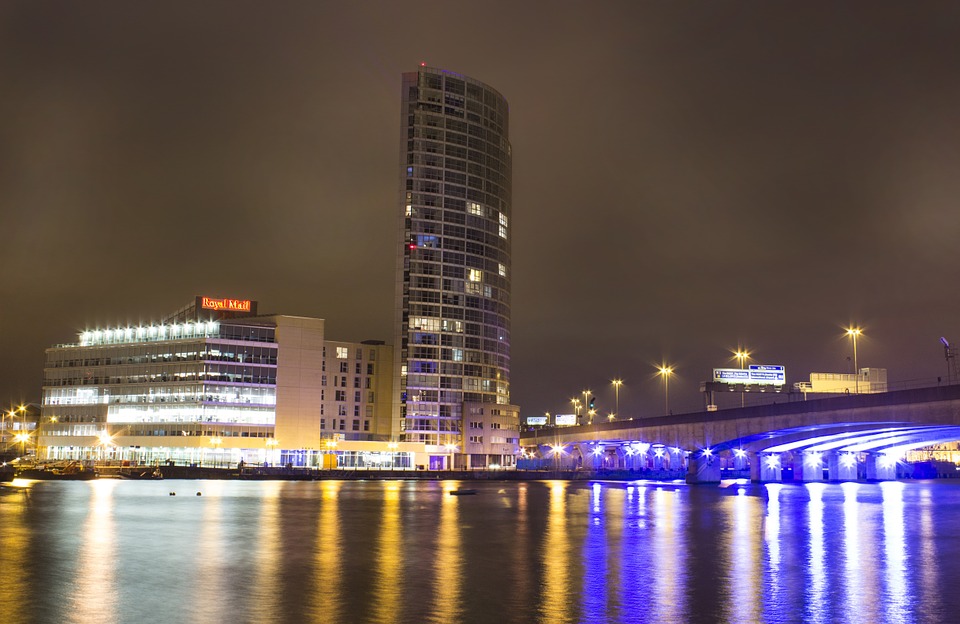A SPRINT finish final quarter saw commercial property investment volume in Northern Ireland complete at £215.1 million last year – 19 per cent above 2018 though 4 per cent below the ten-year average, according to new research from Lambert Smith Hampton.
Its Investment Transactions bulletin showed that despite an outstanding final quarter with volume of almost £91m, the uncertain local and national political climate continued to weigh on volume with 2019 annual volume the second lowest since 2013.
Retail retained its place as the dominant asset class in Northern Ireland, with £92.5m of transactions accounting for 43 per cent of volume in the year due to two large fourth quarter retail park transactions. Throughout the first three quarters of the year, the highest proportion of volume had been in the office sector with Belfast city centre office investments remaining the most in demand asset class.
Despite a challenging retail market, three retail parks transacted in the latter half of 2019. In the largest deal, Sprucefield retail park in Lisburn was bought by New River Retail for £40m (yield 8.71 per cent), Crescent Link retail park in Derry was purchased by David Samuel Properties for £30m (11.50 per cent yield) and Clandeboye retail park by Harry Corry Pension Fund for £8.7m (13.50 per cent yield).
Office transactions this year totalled £74.1m, the highest volume in the office sector on record, boosted by Citibank’s purchase of their Belfast headquarters, the Gateway Office in the Titanic Quarter, for £34m (5.48 per cent yield). Other notable office transactions included a local government department’s £16.0m purchase of James House at the Gasworks and Vanrath Recruitment’s £12.5m purchase of Victoria House.
2019 saw a number of office assets purchased by owner occupiers for a combined total of £62.8m, including the aforementioned Gateway Office, James House and Victoria House.
As usual, local investors were the most active investor type. By comparison to 2018, activity from this group was subdued with the number of transactions down 38 per cent and volume down 23 per cent. There were a number of higher value assets purchased by private investors including Antrim Business Park for £12.5m (14.5 per cent yield) and Timber Quay in Derry for £5.3m (11.5 per cent).
At £26.2m industrial volume was at its highest for the decade in 2019, with both propcos and private investors purchasing in this sector. In Armagh, 35 Moy Road was purchased by David Samuel Properties for £6.3m (7.28 per cent yield) and CD Group, Mallusk by Alterity Investments for £2.6m (7.23 per cent).
Martin McCloy, director of capital markets, Lambert Smith Hampton, said: “Q4 provided a strong finish to what was a difficult year for the investment market. The extension of the Brexit deadline, the lack of a Stormont executive and the prolonged uncertainty delayed investment decisions in 2019.
“Yet demand remained constant with potential investors in Northern Ireland particularly seeking secure long-term income or high quality office investments.
“While retail was again the dominant asset class by volume, this was as a result of a small number of large transactions rather than a signal of renewed attractiveness in what is still a challenging sector. Core assets remain attractive but pricing is key.”
He added: “It is anticipated that the ending of local political uncertainty and increased clarity on the Brexit process will boost investor confidence, translating into a substantial release of pent-up demand and a busier 2020.”
By Martin McCloy
Source: Irish News


